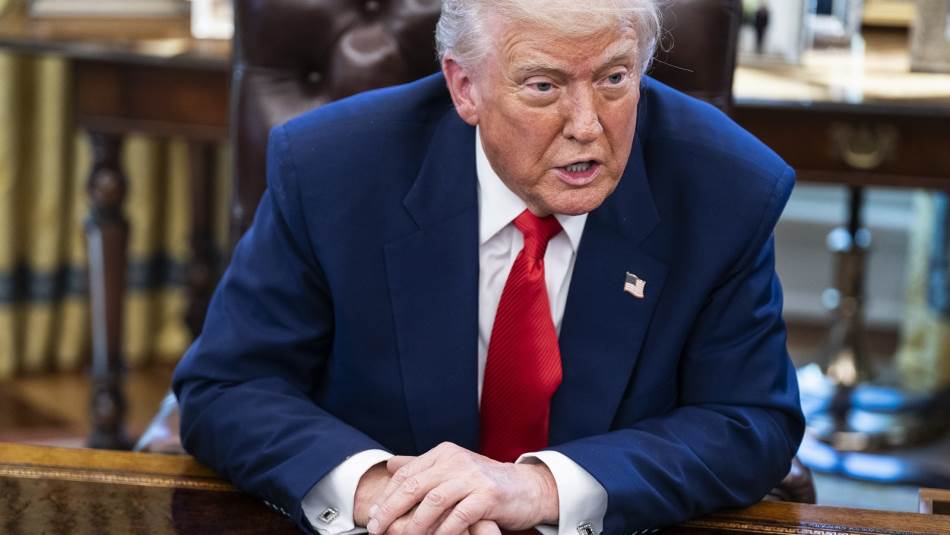In a significant shift in U.S. immigration policy, President Donald Trump has officially removed Syria from the list of countries subject to a travel ban due to national security concerns. The decision marks a sharp departure from his earlier administration’s stance, which had imposed a blanket entry ban on Syrian nationals.
According to a White House statement released Thursday and cited by CNN, President Trump signed a new proclamation restricting entry to the United States from 12 countries deemed to pose elevated security risks. These include Afghanistan, Burma (Myanmar), Chad, the Democratic Republic of Congo, Equatorial Guinea, Eritrea, Haiti, Iran, Libya, Somalia, Sudan, and Yemen.
An additional seven countries—Burundi, Cuba, Laos, Sierra Leone, Togo, Turkmenistan, and Venezuela—will face partial entry restrictions. The new policy is set to take effect on 9 June 2025.
Syria Not on the List
Notably absent from the final list is Syria. This omission contradicts earlier expectations based on an internal memo obtained by Reuters in March, which indicated that the Trump administration was considering imposing sweeping travel restrictions on Syrians, along with citizens of dozens of other nations.
Syria had previously been under a full travel ban during Trump’s first term in office—a measure that grouped it with several other majority-Muslim countries and drew widespread criticism from human rights organizations and immigration advocates.
The revised approach is seen as part of a broader recalibration of U.S. policy toward Syria under Trump’s second term. The president recently lifted all U.S. sanctions on Damascus and appointed Thomas Barak—his longtime confidant—as Special Envoy for Syria.
Immigration Clampdown Continues
While the exemption for Syria signals a thaw in bilateral relations, the new list reflects a continuation of Trump’s hardline immigration agenda. The administration has repeatedly cited national security and irregular migration concerns as justification for the evolving travel restrictions.
Analysts suggest that delisting Syria from the ban may be politically motivated, aimed at reinforcing Trump’s broader strategy of engaging the transitional Syrian government under President Ahmad al-Sharaa, whom the U.S. has been increasingly willing to recognize diplomatically.
Whether this latest move opens the door for more formal bilateral cooperation remains to be seen. But for now, Syrian nationals—long isolated from the American immigration system—are once again eligible to enter the United States under standard procedures.
This article was translated and edited by The Syrian Observer. The Syrian Observer has not verified the content of this story. Responsibility for the information and views set out in this article lies entirely with the author.


